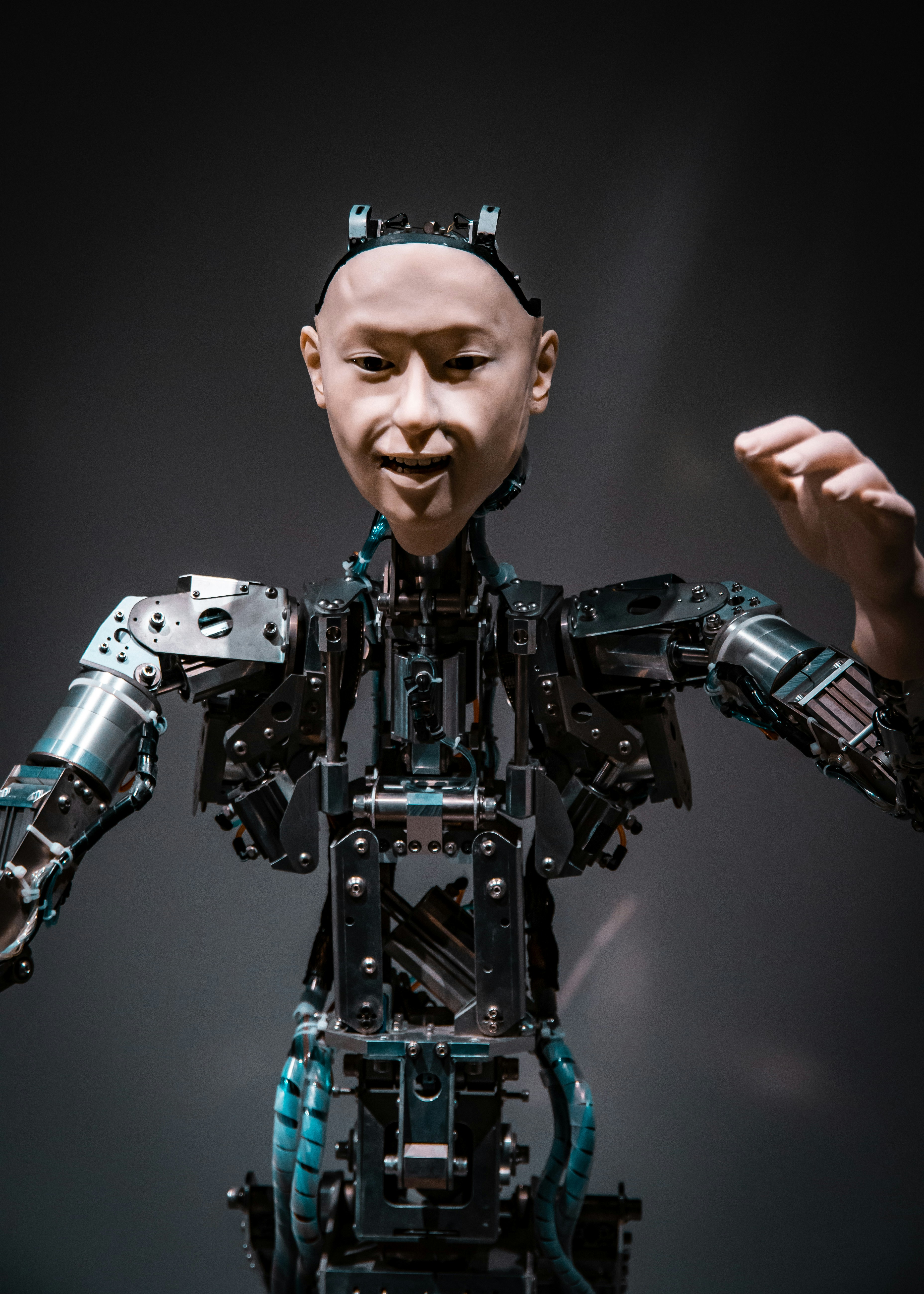The Rise of the Digital Coach: AI and Its Impact on Computer Science
August 28, 2024 | by itctbilaspur@gmail.com
 Photo by Maximalfocus on Unsplash
Photo by Maximalfocus on Unsplash Understanding Digital Coaches: An Overview
Digital coaches are sophisticated virtual entities designed to provide personalized guidance and support across various spheres, both personal and professional. Leveraging advanced artificial intelligence technologies, digital coaches harness the power of machine learning, natural language processing (NLP), and complex AI algorithms to interact seamlessly with users. This interaction aims to emulate the nuanced and responsive experience traditionally provided by human coaches.
Machine learning, a cornerstone of AI, enables digital coaches to learn from user interactions continuously and improve their recommendations over time. By analyzing patterns and adapting to individual preferences, these virtual coaches deliver increasingly personalized and effective guidance. Natural language processing allows digital coaches to understand and respond to human languages with remarkable precision, making conversations with them appear natural and intuitive.
AI algorithms form the backbone of digital coaching, driving the processes that enable these virtual assistants to offer relevant advice, actionable insights, and timely feedback. Through data collection and analytical capabilities, digital coaches swiftly process significant volumes of information, providing users with tailored support that often surpasses traditional methods in terms of accuracy and efficiency.
The primary distinction between traditional coaching and digital coaching lies in the integration of technology. While traditional coaching relies heavily on human expertise and personal interaction, digital coaches utilize tech-driven methodologies to offer a scalable and efficient alternative. This technological enhancement not only broadens access to coaching but also ensures 24/7 availability, which is particularly beneficial for users with stringent schedules or those in different time zones.
In summary, digital coaches represent a convergence of technological innovation and coaching methodologies, transforming the landscape with their capacity to offer immediate, personalized, and scalable support. Through AI, machine learning, and NLP, digital coaches set a new standard in the realm of professional and personal development, optimizing the coaching experience for the digital age.
The Intersection of AI and Computer Science in Digital Coaching
The technological backbone of digital coaching is a sophisticated interplay of AI and computer science principles. Key among these are data analytics, cloud computing, neural networks, and big data, all of which collectively forge the functionality of digital coaches. Data analytics provide the framework for interpreting user inputs, allowing digital coaching systems to offer personalized advice based on historical and real-time data. In addition, advanced algorithms utilize big data to unearth valuable insights and predict user needs effectively, enhancing the accuracy and relevance of guidance provided.
Cloud computing plays an instrumental role by offering scalable resources that enable seamless interactions between users and digital coaching platforms. By leveraging cloud infrastructure, digital coaching systems can operate efficiently, regardless of the volume of data processed or users served. This scalability is critical for the widespread adoption and accessibility of AI-driven coaching solutions.
Furthermore, neural networks, which are the bedrock of machine learning, significantly enhance the capabilities of digital coaches. Through deep learning and complex pattern recognition, neural networks enable AI to understand and adapt to user behaviors, making the coaching experience increasingly sophisticated over time. This continuous learning process allows digital coaches to refine their recommendations and responses, ensuring ongoing improvement in performance and user satisfaction.
However, the convergence of AI and computer science in digital coaching also presents several challenges that must be addressed. Ethical considerations, such as ensuring unbiased decision-making, are paramount. Additionally, data privacy concerns necessitate robust security measures to protect user information. Addressing these challenges is essential to fostering trust and promoting the continued growth of digital coaching technologies.
Real-world applications of AI-powered digital coaching can be observed across various industries. For instance, in the healthcare sector, digital coaches are used to provide patient education, monitor health conditions, and offer lifestyle advice. In corporate environments, they aid in professional development by delivering personalized training and performance feedback. These examples illustrate the practical impact of digital coaching systems, underscoring their potential to transform numerous facets of our daily lives.
RELATED POSTS
View all

